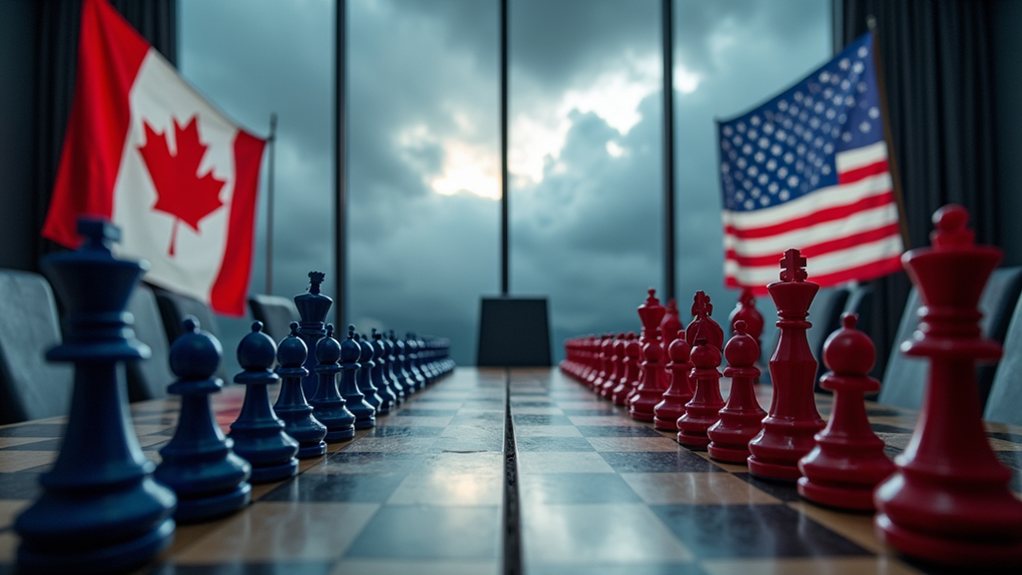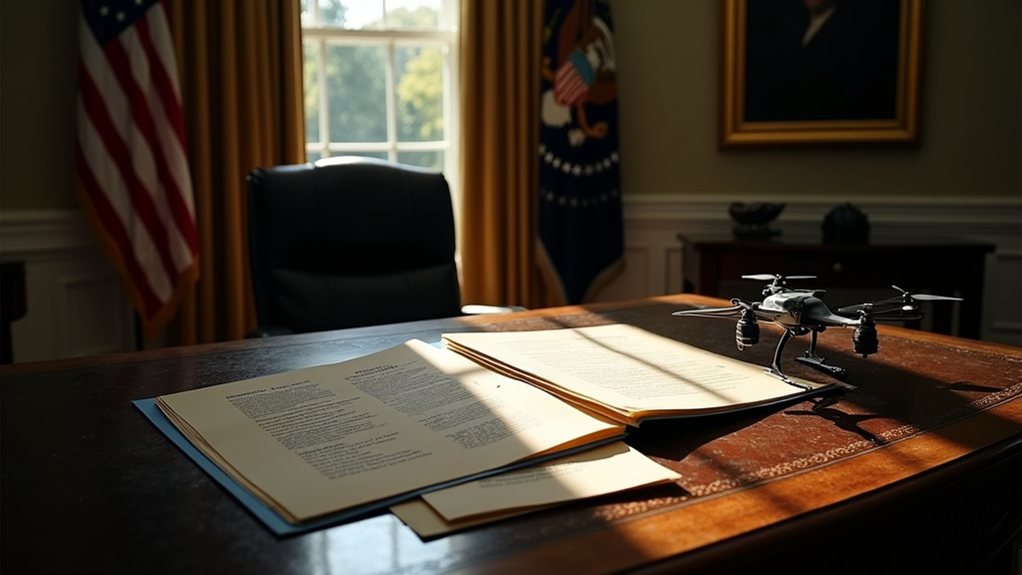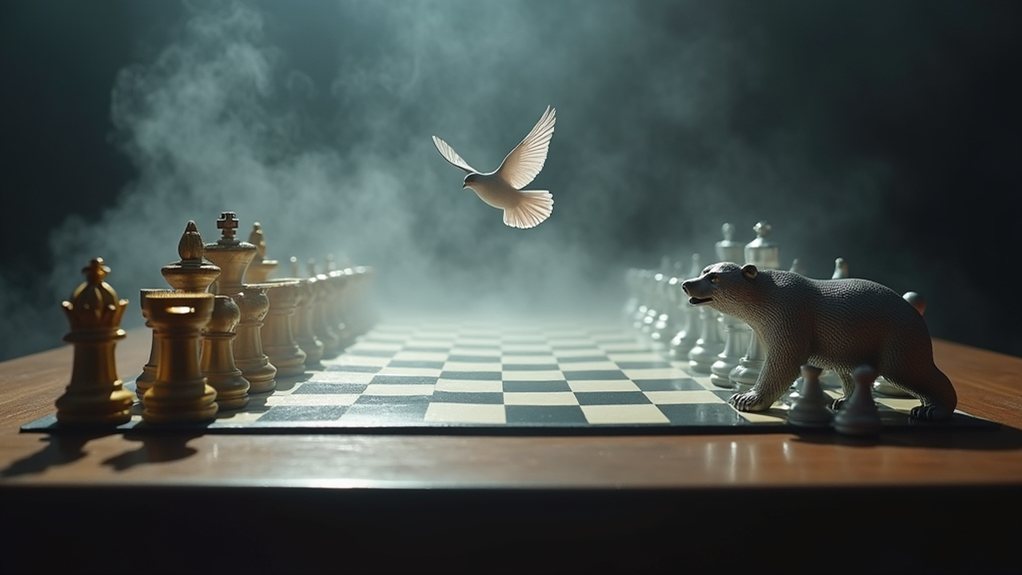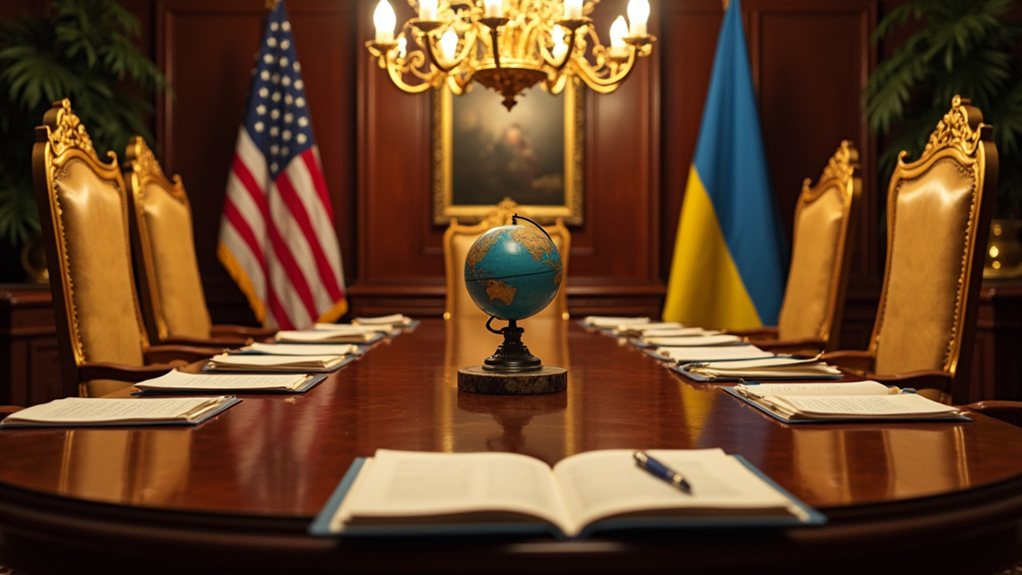In a significant step towards peace, the U.S. has proposed a 30-day ceasefire in Ukraine, which Ukraine has accepted, pending Russia's approval. This ceasefire aims to cover the front lines and can be extended if both sides agree. The U.S. also plans to resume military aid and intelligence sharing with Ukraine during this time.
The proposal came after a lengthy meeting between U.S. and Ukrainian officials in Saudi Arabia. This meeting lasted over five hours and included key figures like Secretary of State Marco Rubio and National Security Adviser Mike Waltz from the U.S., alongside Andriy Yermak, the chief of staff for Ukrainian President Zelensky. Both parties have agreed to set up negotiating teams for future peace talks.
A five-hour meeting in Saudi Arabia set the stage for U.S.-Ukrainian peace negotiations, with key officials agreeing to form negotiating teams.
The U.S. is committed to discussing the ceasefire proposal with Russian leaders. To facilitate this, U.S. envoy Steve Witkoff is expected to visit Moscow to meet President Putin. Witkoff will talk about the ceasefire and its implications. Meanwhile, Secretary Rubio will meet with G7 countries to discuss the situation further. Former President Trump has also expressed optimism about Russia agreeing to the ceasefire.
Ukraine has shown readiness to accept the U.S. proposal. President Zelensky confirmed the extensive nature of the ceasefire and emphasized the importance of involving European partners in the peace process. However, many Ukrainians remain skeptical about whether Russia will genuinely halt its military actions. Additionally, U.S. military assistance has resumed after an eight-day pause, signaling pressure on Russia to respond positively to the ceasefire proposal. Notably, the ceasefire is subject to Russian reciprocity as key to achieving lasting peace.
The outcome of the ceasefire proposal could be a major diplomatic breakthrough in the ongoing conflict. If accepted, it might lead to discussions about Ukraine's critical mineral resources and possibly involve European troops to deter further Russian expansion.
Yet, Russia's response remains uncertain, especially given its recent military advances and past demands for Ukraine's demilitarization. The world watches closely as both sides navigate this pivotal moment.









